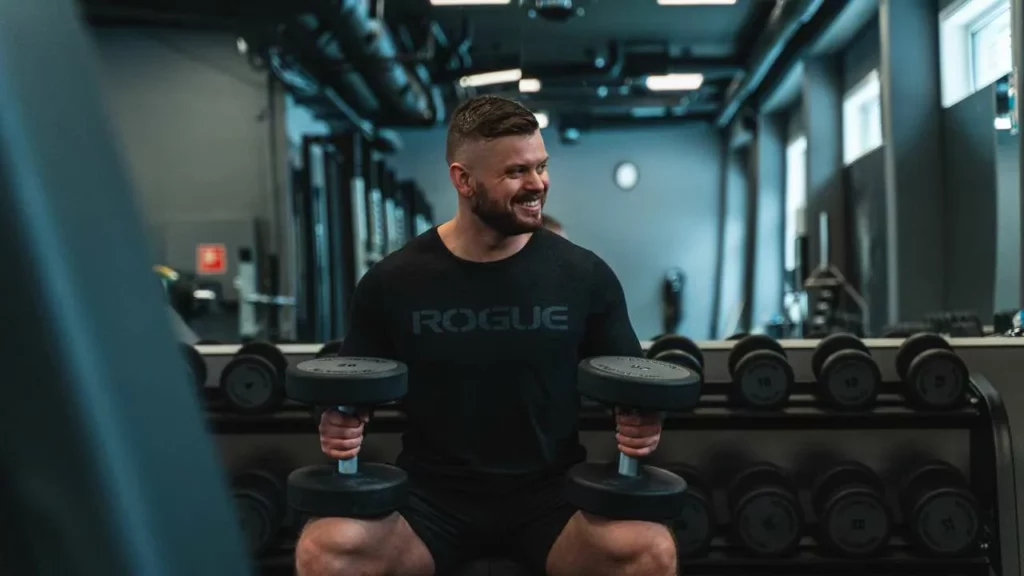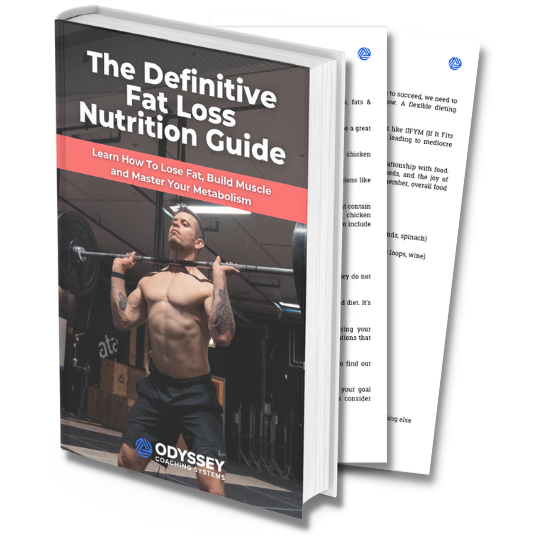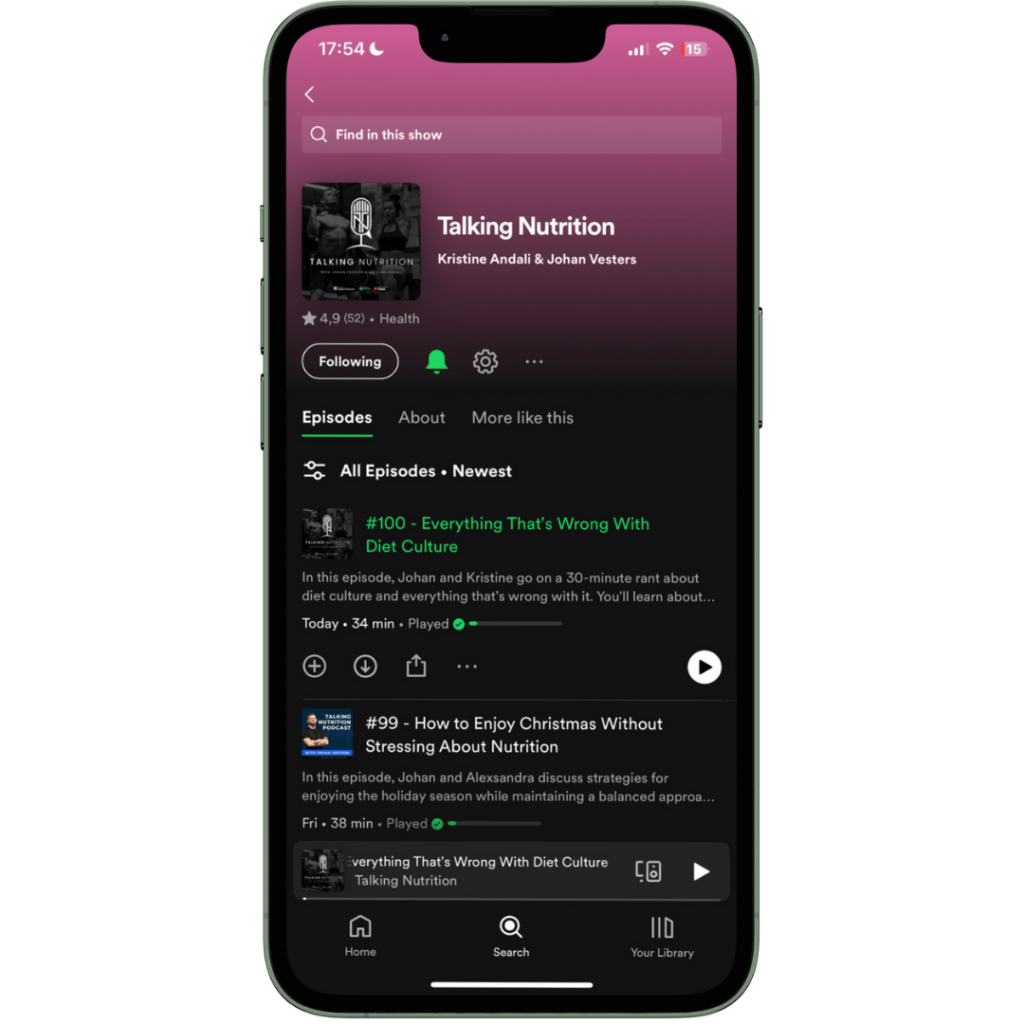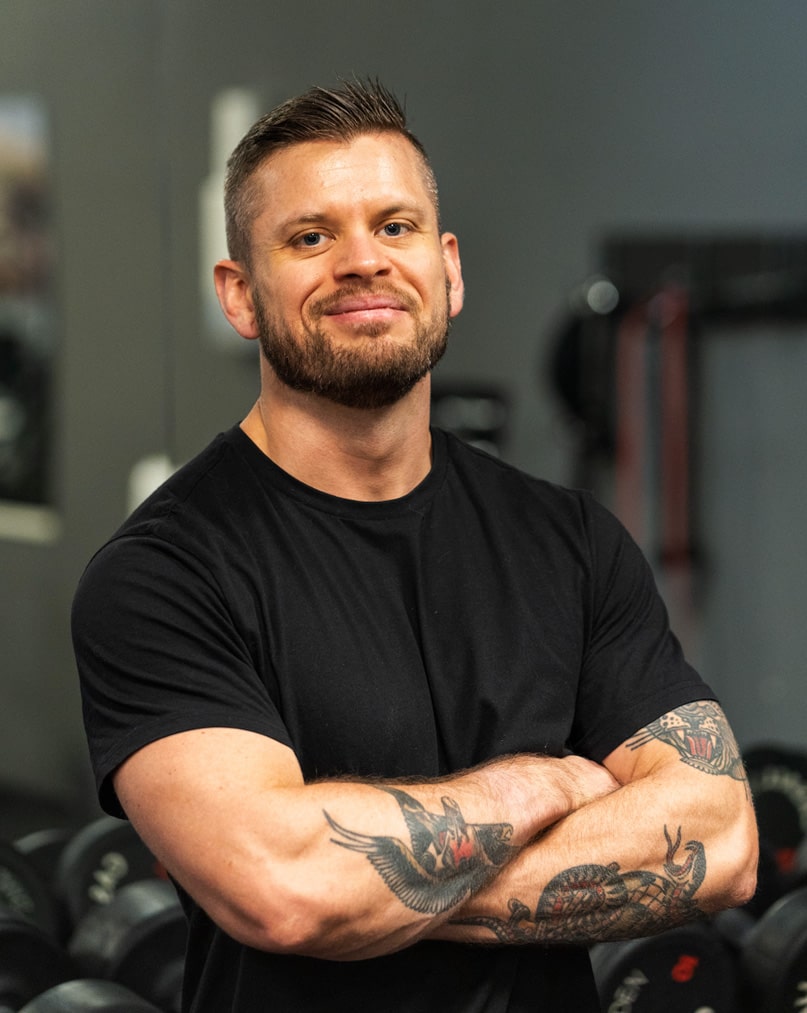In this 4-part article series, we explore the four keys to a successful health and fitness journey, or as we like to call it: your Odyssey.
These four essential keys – the Stoic Virtues of Courage, Wisdom, Temperance, and Justice – will help you reach your goals, continuously learn and grow, overcome obstacles, and keep going during times when you feel like everything and everyone’s working against you.
It’s the stuff that helps you live a good, happy, and healthy life.
In the previous article, we dove into the first key, Courage. If you haven’t yet, since these articles all go hand-in-hand, please go ahead and read that one out first.
Today, we dive into the second key, Wisdom.
LEARNING ABOUT WHAT WORKS FOR YOU
‘Finding what works for you’ is like the health and fitness equivalent of the search for Bigfoot. There are people out there who seem to have found it, though even after so many diet attempts you still haven’t been able to experience it yourself. Seeing is believing, right?
Here’s an idea; what if we stop trying to find what works for us, and start creating it ourselves?
In the previous article about the virtue of Courage, we discussed the inevitable setbacks and obstacles you’ll encounter along your fitness journey. Wisdom is about learning from those setbacks and obstacles in the pursuit of self-mastery.
Contrary to what those selling quick-fix meal plans, wallet-burning supplements, and 4-week fat loss challenges want you to think, to make it long-term we need to go beyond workouts and what’s on your plate. To be successful long-term, you have to gain a true understanding of nutrition, fitness, and most importantly your mind.
You can start this process by opening up to new input, and by accepting the idea that you may not have the knowledge, skills, and experience… YET. Prepare to be challenged and be open to new input, because as the philosopher Epictetus said: “It’s impossible to begin to learn that which one thinks they already know”.
Next, you can choose to either figure things out on your own or get help from others who have already achieved what you’re after, coaches, mentors, and other experts. The former takes more time and comes with more trial and error. The latter is one of the very few real hacks in life, as these people can expose you to the knowledge and experience they already have, and can keep you from making more mistakes than necessary.
Lastly, know that ‘knowing’ what to do will only make a difference when it’s combined with action.
“Knowledge isn’t power until it is applied” – Dale Carnegie
That’s what our Action-Based approach to nutrition coaching boils down to: you learn by doing.
A true Action-taker looks to gain knowledge and true understanding. They’re open to challenging their ways of doing and thinking, are willing to get help from others, and to learn by doing.
How To Find Reliable Health Information Online
Over a decade ago, 22-year-old overweight-me set out to learn more about nutrition and fitness.
I was out of shape, smoked and drank a lot, and ate unhealthy. Although I used to always be the skinny kid with the fast metabolism who could eat a horse without gaining weight, things had taken a turn for the worse and my weight had skyrocketed up to over 110kg (242.5lbs).
Things needed to change, and while quitting alcohol and cigarettes did a lot for my well-being and exercise quickly became something truly enjoyable, the nutrition part was difficult to figure out.
A combination of information overload and conflicting opinions from different diet camps only led to one thing: I felt more confused and still didn’t know what to do.
You’d think that a quick ‘how to lose weight’ Google Search would give you the answer, that a fitness influencer’s advice on social media, or the information in a health magazine or documentary would finally get you the health and body you desire.
Sadly, this couldn’t be further from the truth. For every good piece of information, there’s about 10 pieces of misinformation based on misunderstood, cherry-picked, or skewed research data. That was the case when I began my journey in 2012, and that’s still the case today. Only now you’re even more exposed to bullshit.
Wisdom is about setting out to discover the truth, and luckily for you, what we believe to be the closest thing to ‘the truth’ all seems to be super basic.
This may even be one of the factors that makes it so confusing to figure out your nutrition. Because what gets most attention in the media? The bold claims, the things that sound almost too good to be true, the stuff you never heard of before. You think to yourself, “THAT must be why I can’t lose weight”, only to try yet another fad diet followed by weight regain.
In the meantime, basics like getting more sleep, drinking more water, eating more fruits and vegetables, walking more, and eating protein with every meal, gets discarded within seconds. You think, “it can’t be THAT simple, right?”, even though that’s the stuff that actually has a lot of research behind it.
This is why we put out so much free content. It’s why this blog, the Talking Nutrition podcast, our social media channels, and the downloads we make available to you at no costs, exist.
Remember what we talked about in the Courage article; your journey is a process, not an event. The same thing goes for learning about nutrition and fitness. It’s going to take time, you need to be open but critical, and avoid getting distracted by the clickbaity stuff. Look good enough, and you will find the REAL people who actually want to help you.
A true Action-taker keeps a learner’s mentality, but also stays critical of what they may read, hear, or see on social media and in mainstream media. They know that what sounds too good to be true, usually is too good to be true, and that what sounds ‘too easy’ often is easy to overlook.
BONUS: To help you learn from some of the best in the evidence-based space (which incorporates both research and in-the-trenches experience), do yourself a massive favor by following these people: Sam Miller, Cody McBroom, Kristine Andali, Aaron Straker, Alan Aragon, Jordan Syatt, Laurin Conlin, Kasey Jo Orvidas, Jessica Isaacs, Alyssa Olenick. This list is by no means complete, but these are the people I’ve personally learned the most from over the years.
Overcoming and Reframing Failure
Wisdom isn’t about reading or learning about something once and then feeling like you know it all. It’s about always wanting to level up, knowing that with every new level comes a new set of setbacks and obstacles.
Successful people aren’t successful because they never fail, but because they kept going even though they failed. If anything, they fail more often than those who don’t don’t make it ever will.
A tweet by Alex Hormozi describes it best:
"There are two outcomes once you get into business: 1) It eventually works. 2) You give up before it does. That’s it."
The same exact thing goes for your health and fitness. You either keep going, keep learning, and it eventually works. Or, you give up before it does. Those are your only two options.
Failure does not make YOU a failure. It just means there’s a lack of knowledge, skills, and/or experience.
Knowledge can be learned.
Skills can be trained.
Experience can be gained
A true Action-taker ultimately succeeds not because they never fail, but because they learn from their failures. They understand that failure doesn’t make THEM a failure, but that there’s a lack of knowledge, skills, and/or experience. All of which can be improved through action.
What Does ‘Trust the Process’ Even Mean?
Blindly jumping from one fad diet to the next is one of the reasons so many people keep spinning their wheels. It’s where “I’ve tried every diet under the sun, without success” stems from.
Since you’re here, reading a health and fitness blog, I’ll assume that you’ve heard “Trust the Process” before. Now let’s dive into what ‘The Process’ even means. Because it goes beyond just ‘doing’.
You see, while trial and error is essential and you should try again, you probably wouldn’t want to do so without also including self-reflection, proactive learning, and the necessary adjustments.
‘The Process’ is a continuous cycle of doing-the-thing, reflecting on your effort, collecting feedback and information on what’s going well and what needs improvement, figuring out HOW you improve moving forward, and possibly asking for help where needed.
A true Action-taker doesn’t just DO, but continuously reflects on what’s going well and what needs more work. They’re resourceful and proactive in figuring out their next steps based on objective feedback.
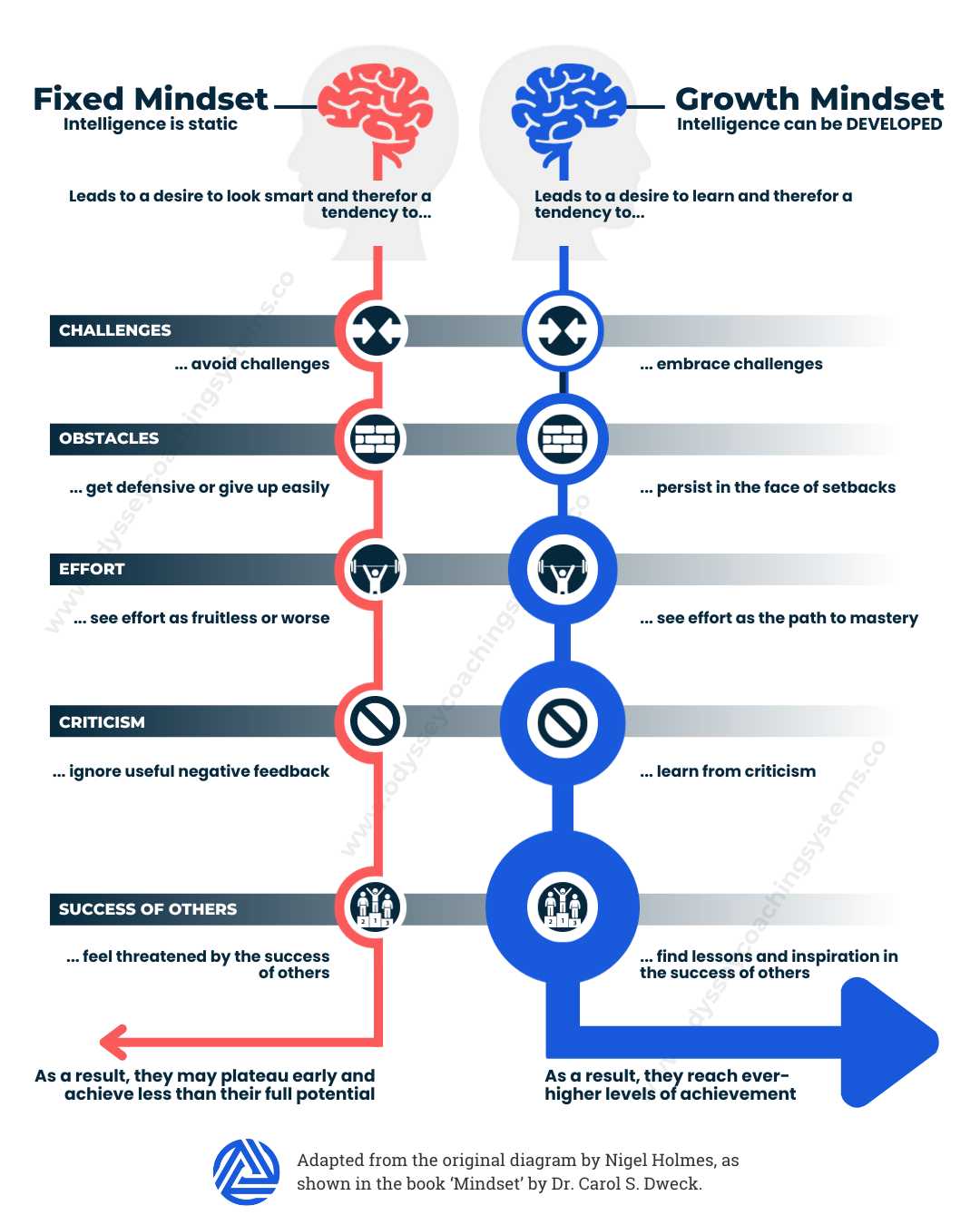
Cultivating a Growth Mindset
Do you label yourself as ‘bad at X’, or ‘not someone who can Y’? Do you believe in the ability to learn, grow, and get better at whatever it is you’re not good at yet? Do you see past failures as proof that you suck, or as motivation to take action? In other words, do you have a fixed or a growth mindset.
In her book, ‘Mindset: The New Psychology of Success’, Dr. Carol S. Dweck says:
“Did I win? Did I lose? Those are the wrong questions. The correct question is: Did I make my best effort?” If so, he says, “You may be outscored but you will never lose.”
That is the essence of the Growth Mindset. It’s not the outcome that defines you, but your effort towards getting better, knowing that as long as you focus on the process, you will win.
The Growth Mindset really deserves an article of its own (note to self), but we’ll briefly discuss the most important aspects below.
People with a Growth Mindset find success in doing their best, in learning and improving. They find setbacks motivation and see them as informative, or as ‘wake-up calls’. Ultimately, they take charge of the processes that bring and maintain success.
Someone with a Fixed Mindset – the opposite of a Growth Mindset – may look at someone else and thinks “I wish I had their willpower”, or “That person is just naturally better than me, I wish I could do that”.
A Growth Mindset person on the other hand, knows that just because some people can do something with little or no training, it doesn’t mean others can’t do it (sometimes even better) WITH training.
They know that everything is figureoutable through effort and continuous learning.
That doesn’t mean that the Growth Mindset person doesn’t experience failure as a painful experience. They do! However they don’t allow failure to define them. It’s a problem, problems have solutions, and can be learned from.
It’s not about getting it perfect right away (that’s Fixed Mindset stuff), but about putting effort towards the process.
Now, you don’t just get a Growth Mindset by deciding you’ll have one. It’s something you cultivate overtime. That’s why also here, I’d like you to see this article as your starting point rather than a quick read followed by no action.
A true Action-taker knows that if something’s humanly possible, they too can do it. They set out to cultivate a Growth Mindset, and commit to the process of continuous effort, self reflection, and course-correcting. They never stop growing.
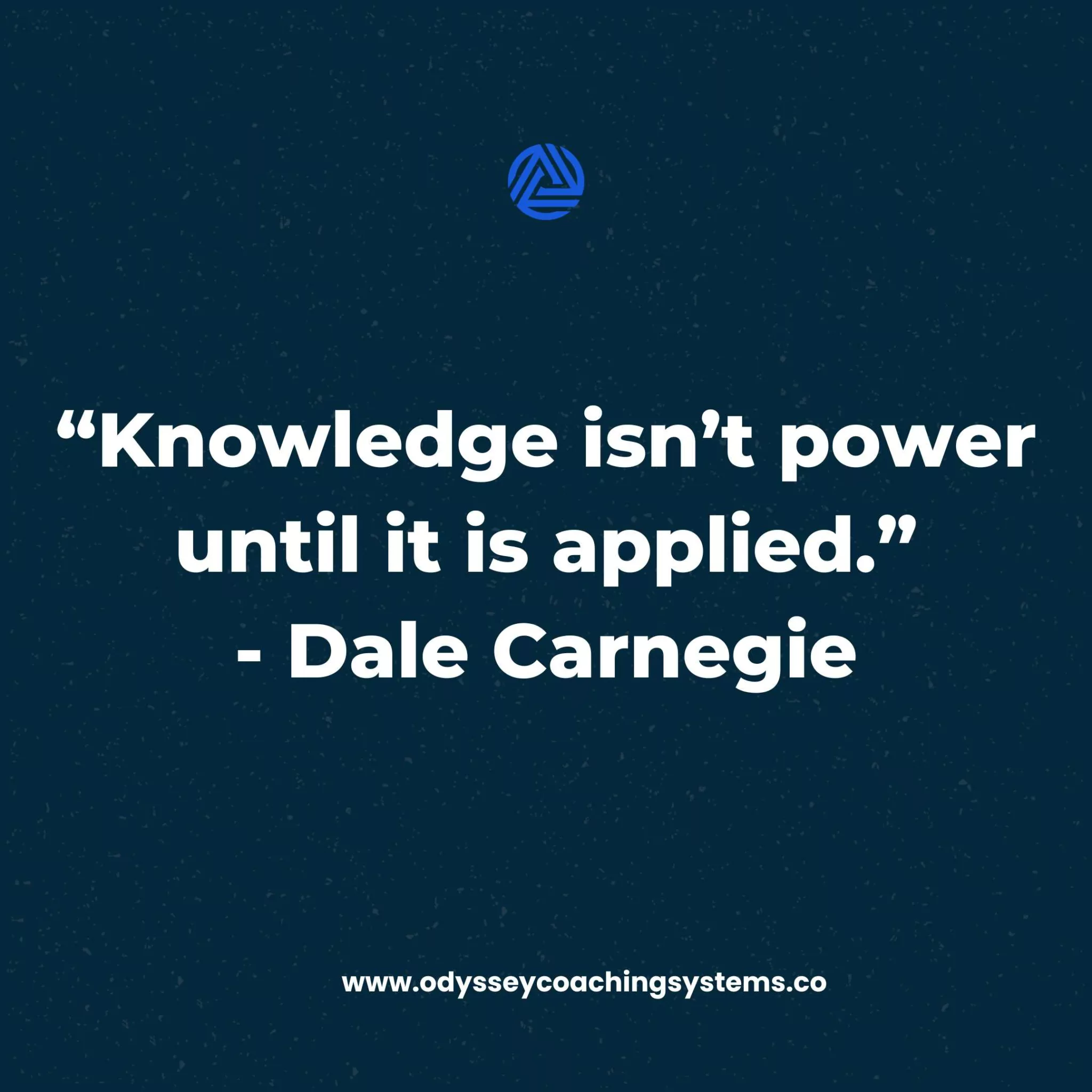
The Virtue of Wisdom
I hope this article inspires you to commit to the process of continuous growth, that you will not accept your doctor’s “everything looks normal” and that you will get to the root of things.
Set out to learn about nutrition, stay critical, and do your own due diligence when it comes to the sources you get your information from. Challenge yourself, as well as others including myself. Be open to discussion and different takes on your current ways of doing and thinking.
Never stop growing, always keep learning, commit to the process, and you will be successful.


